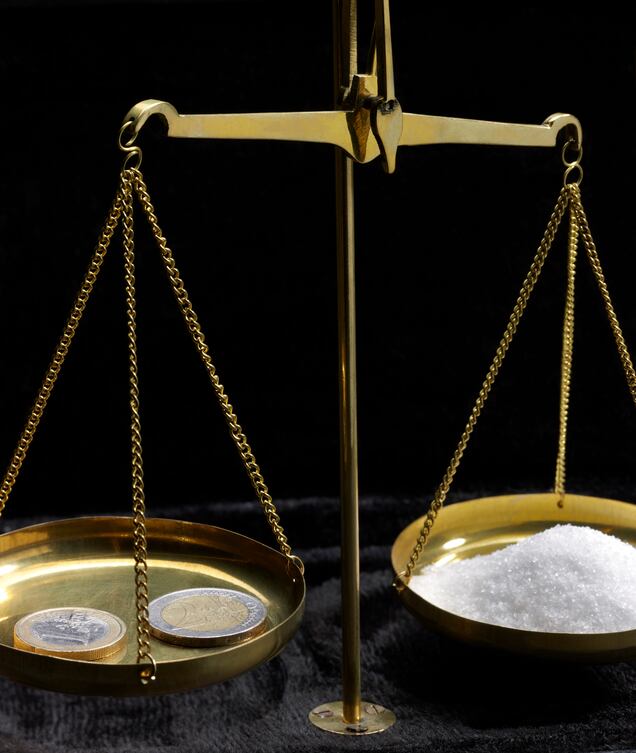One of the standout features of British finance minister George Osborne’s 2016 budget was the somewhat controversial announcement of a sugar tax on soft drinks, due to come into effect in 2018.
This presents manufacturers with a dilemma: pass the levy onto customers, take the hit themselves, or try to innovate and bring their products under the thresholds? Given the highly competitive nature of the market, the first two options may not be feasible for many.

But the innovation route is not easy either as tweaking a product to meet external requirements whilst maintaining brand consistency is a difficult undertaking.
Many customers will have consumed these products every day for much of their lives and are averse to the slightest changes. The smallest discrepancy can make a big dent in sales and reputation.
Navigating the reformulation minefield
The most obvious point here is taste – the high sugar content of many fizzy drinks goes a long way to defining their taste. Trying to achieve the same flavour with sugar substitutes – or more natural alternatives such as honey and nectar – can create problems.
Sprite’s decision to use stevia (a synthetic sugar alternative) is a case in point here. Stevia doesn’t taste quite the same as sugar and consumers can tell the difference: sales of Stevia-based Sprite crashed 9.4 per cent in the year following the change.
But the issue goes beyond just taste. The psychology associated with taste is complex, and branding and packaging can make a huge difference. The infamous Coke/Pepsi blind test trials are testament to this – many people prefer the taste of Pepsi when the brand is hidden, but find Coke ‘tastes better’ once the brand is known.
So, tweaking a recipe is a potential minefield. But there are broader manufacturing issues too. Outside of the large multinationals, many companies cannot afford to shut down existing production lines while they test new recipes.
Trial and error innovation
This can mean installing a second line in the meantime. This will require investment, but it also makes for a quality control issue. Even where the equipment being used is technically identical, new equipment can often make a big difference to the product’s taste.
All of this amounts to a prolonged and thorny ‘trial and error’ period for drinks companies looking to innovate around this problem. The first new recipe is unlikely to be right, and what works in the kitchen may not scale up well in the factory. So while 2018 may seem like a long way off, the timing is actually fairly tight; the technical processes will likely take from 6 to 18 months, and perhaps even longer considering the secretive nature of the

industry.
Do you qualify for an R&D tax credits?
Innovation will therefore mean major investment. However, what many don’t fully appreciate is that this investment needn’t represent a 100% loss. Much of this innovation can be potentially claimed for under the UK government’s research & development tax schemes.
What is particularly important for businesses is being aware of exactly what constitutes R&D in the eyes of HM Revenue and Customs. In this instance, research into new sugar substitutes and recipes is relatively obvious. However, its scope also reaches far beyond this to efforts less readily associated with ‘innovation’.
For example, the costs of activities such as trying different production methodologies, through to the design and development of equipment can often be claimed for under the R&D tax credits schemes. Similarly, developments to do with packaging, and advances in logistics and delivery for instance, may also qualify.
Even something as seemingly peripheral as new software to help machines and systems communicate more efficiently, can count too. And let’s not forget that time and money spent on ‘failed’ projects can be eligible as well.
For many drinks companies the next two years will be a period of intense innovation. For commercial reasons, many will have no choice but to embark on a substantial period of experimentation to comply with the sugar tax without reducing profits. The least they can do to offset these necessary costs is ensure they receive the tax breaks they are entitled to, in full.
